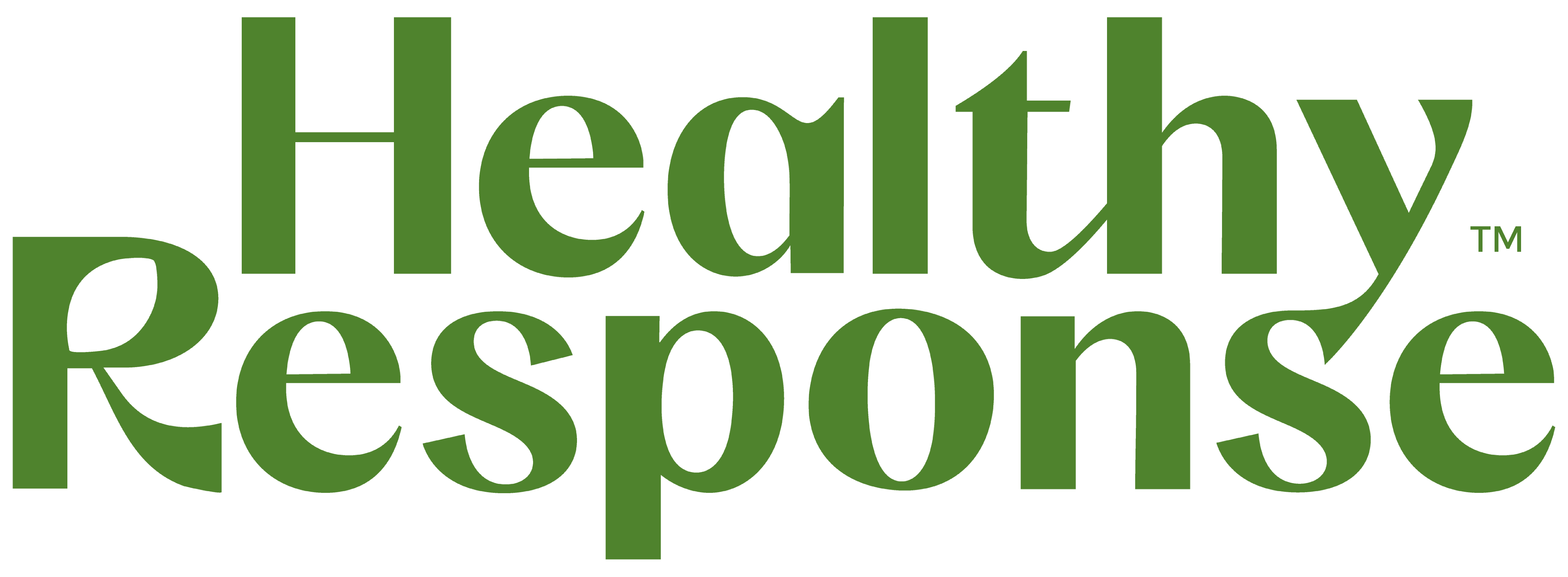
Being a firefighter, toxic exposure is an unfortunate part of the job. Perfluorinated compounds (PFCs), polychlorinated and polybrominated dioxins and furans, are just some of the carcinogenic chemicals that first responders are likely to encounter while on duty. While great strides have been made to ensure firefighters are aware of the importance of wearing their PPEs during exposures and washing both themselves and their gear thoroughly, the high incidences of cancer and other chronic diseases show us that there is still more that needs to be done.
Here are the things I recommend that all firefighters do in the days (and weeks) immediately following a fire:
Drink Lots of Water
This is one of the most important things you can do. Drink half of your body weight in ounces/day. For example, if you weigh 200 lbs., you would drink 100 oz.
Sweat (exercise, detox sauna, etc.)
Research shows that sweating can help eliminate toxins such as bisphenol A (BPA), polychlorinated biphenyls (PCBs) as well as heavy metals.
Focus on Sleep
A good night’s sleep (or occasional nap!) is restorative for your body and important in the detox process.
Reduce Alcohol
Alcohol is a toxin and would be best to avoid after a fire exposure.
Decrease Salt
Excess salt can lead to water retention and right after a toxic exposure, we don’t want to retain anything that we don’t need.
Eats Foods to Product Glutathione
Foods like eggs, broccoli, and garlic increase production of glutathione, a big antioxidant produced by your body that aids in detoxification.
Take Supplements
Some of my favorites are vitamin C, a multivitamin, fish oil, probiotic, vitamin D and niacin (B3)—but not all supplements are created equally and many are produced with cheap, ineffective (and potentially harmful) fillers! Visit my dispensary for my top choices.
While you can’t control the chemicals you are exposed to on the job, you can control your response afterwards and nutrition is just another piece of that puzzle.



